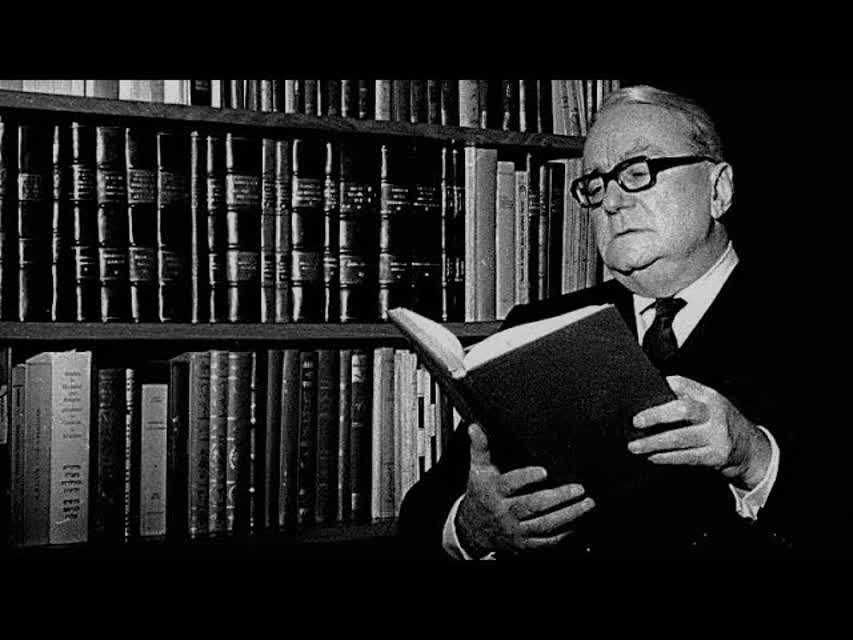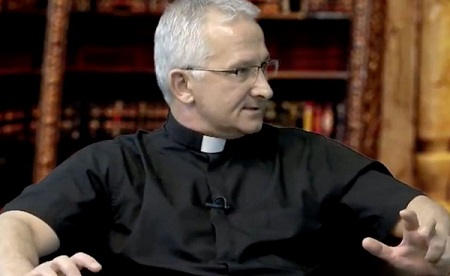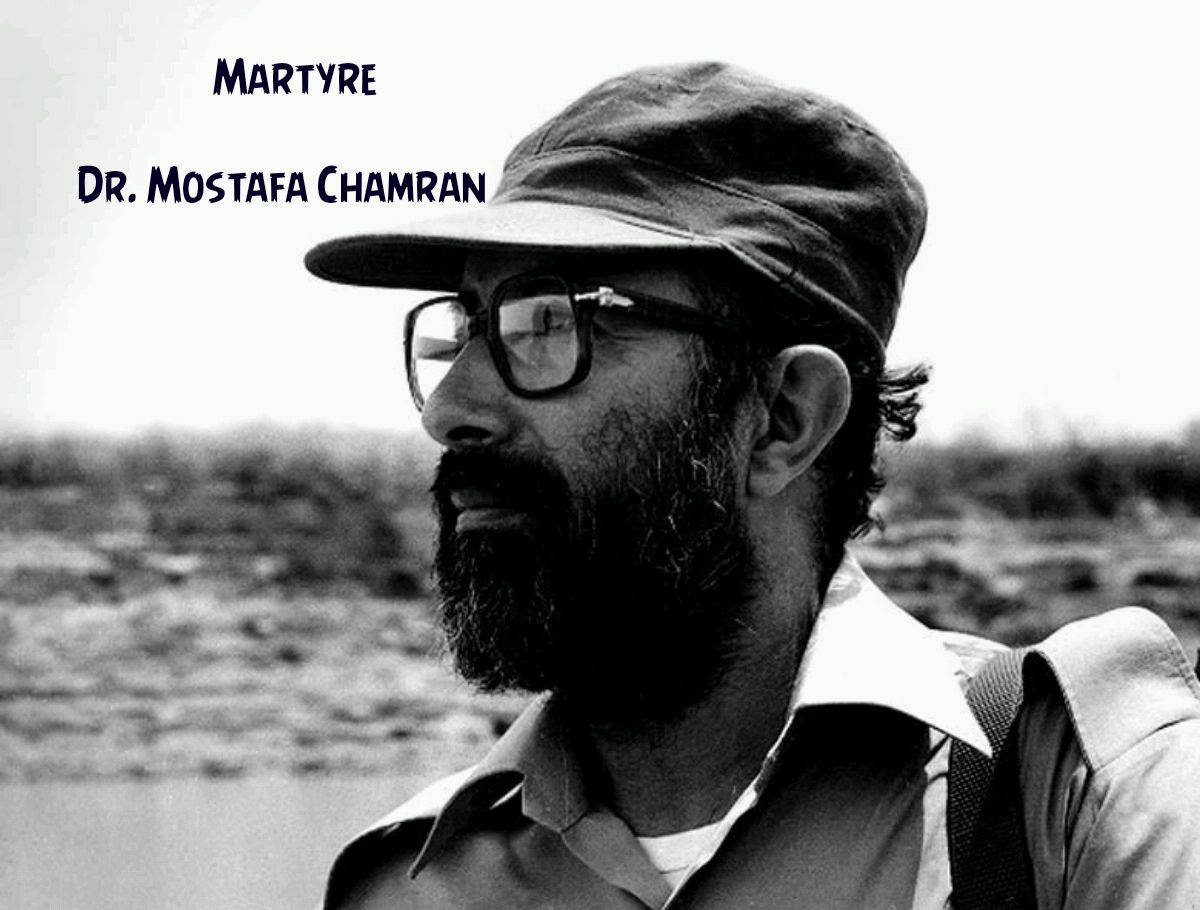According to rahyafte (the missionaries and converts website):Dr. Henry Corbin: A Pioneer in Islamic Philosophy and Mysticism
Dr. Henry Corbin was a distinguished French philosopher, theologian, and professor of Islamic studies, known for his profound contributions to the fields of Islamic philosophy, mysticism, and spirituality during the 20th century. His life and work left an enduring impact on the understanding of Islamic thought in the Western world.
Early Life and Academic Journey:
Henry Corbin was born on April 14, 1903, in Paris, France. He pursued his academic journey at the University of Paris, where he studied philosophy and theology. His fascination with the mystical and metaphysical aspects of philosophy led him to delve into the world of Islamic thought, particularly the works of Persian and Islamic philosophers.
Influence of Persian Philosophy:
One of the defining aspects of Corbin’s scholarship was his deep appreciation for Persian Islamic philosophy, particularly the works of Sufi philosophers like Ibn Arabi and Sohrevardi. He was particularly drawn to the idea of the “imaginal world” (alam al-mithal), a concept that became central to his philosophical discourse. Corbin argued that the imaginal world serves as a bridge between the material and spiritual realms, allowing for direct mystical experiences.

Renowned Works:
Corbin’s prolific career as a writer and scholar produced numerous influential works, many of which have become classics in the field of Islamic studies. Some of his notable books include:
“Avicenna and the Visionary Recital” (1960): This work explores the thought of the Persian polymath Avicenna, focusing on his mystical experiences and contributions to Islamic philosophy.
“Creative Imagination in the Sufism of Ibn Arabi” (1958): In this book, Corbin examines the mystical writings of Ibn Arabi and introduces the concept of the “mundus imaginalis” or imaginal world.
“The Man of Light in Iranian Sufism” (1978): This text delves into the mystical traditions of Iranian Sufism and their profound impact on Persian philosophy.
Academic Career:
Corbin’s scholarly journey led him to become a professor of Islamic studies at the Sorbonne, where he played a pivotal role in introducing Western audiences to the richness of Islamic thought. His lectures and writings drew attention to the spiritual and mystical dimensions of Islam, challenging the prevailing Orientalist perspectives that often portrayed Islam as rigid and dogmatic.
Impact on Islamic Studies:
Henry Corbin’s contributions to Islamic philosophy and mysticism were groundbreaking. He introduced Western scholars to the profound depth of Islamic spirituality and philosophy, emphasizing the importance of inner experiences and mystical insights in Islamic thought. His work helped bridge the gap between Western and Islamic philosophical traditions, fostering a greater appreciation for the diversity and complexity of Islamic intellectual history.
Legacy:
Henry Corbin passed away on October 7, 1978, leaving behind a legacy that continues to influence scholars and students of Islamic philosophy and mysticism. His ideas and writings have inspired generations of thinkers and continue to be studied and appreciated for their profound insights into the mystical and philosophical dimensions of Islam.



















